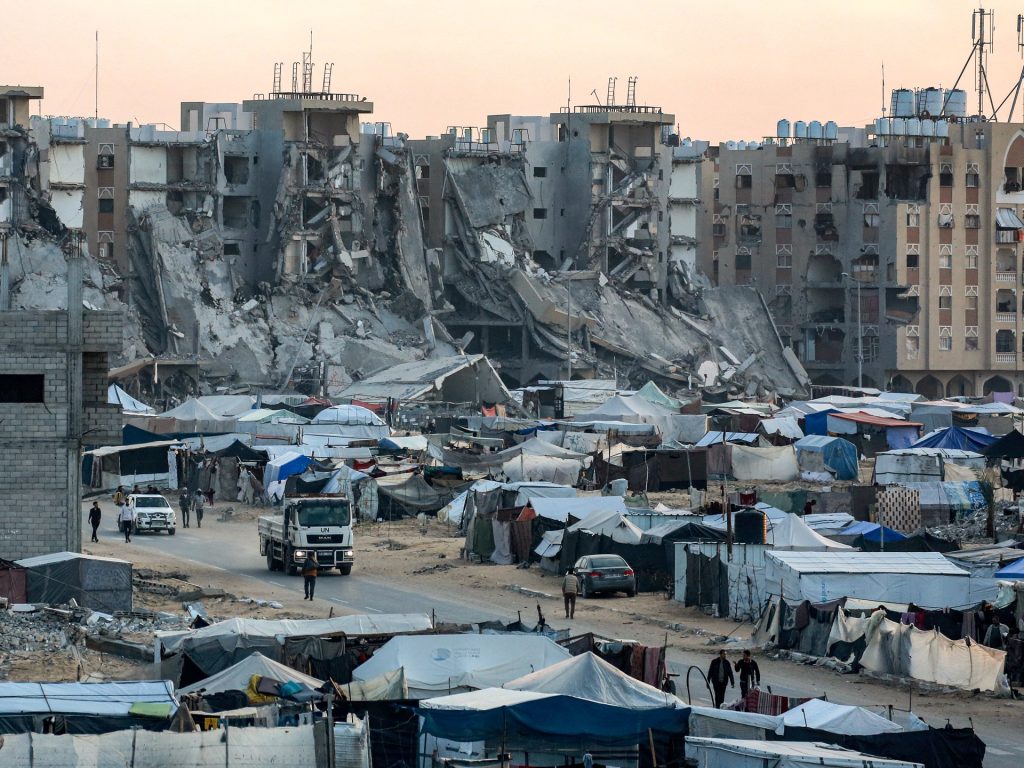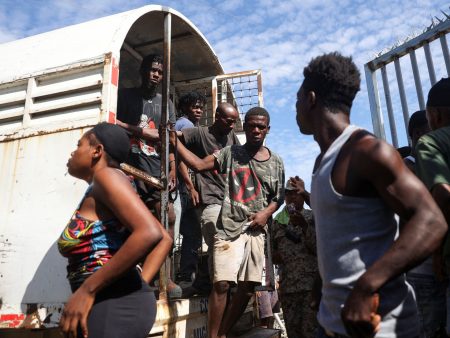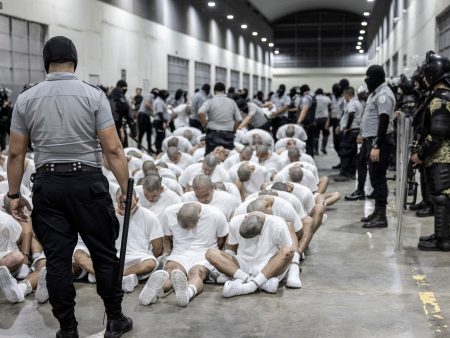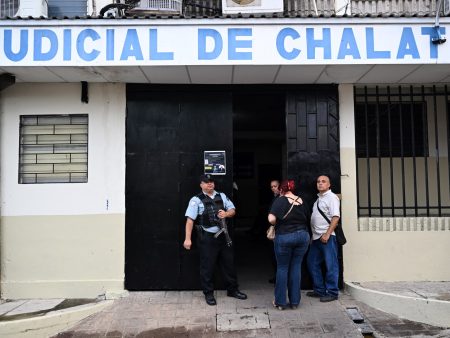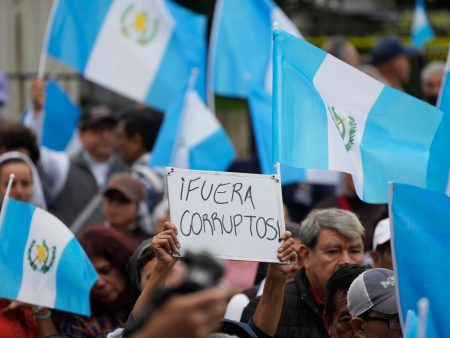The Hind Rajab Foundation, a Belgium-based advocacy group, has launched legal proceedings in Argentina and Chile against Israeli soldier Saar Hirshoren, accusing him of war crimes committed during the 2023 Gaza conflict. The foundation alleges Hirshoren’s involvement in the 749 Combat Engineering Battalion, a unit they claim was systematically involved in the destruction of civilian infrastructure in Gaza. The legal filings, submitted to local prosecutors in both countries, call for Hirshoren’s arrest and are based on video evidence allegedly posted on Hirshoren’s Instagram account, showcasing his participation in the demolition of civilian buildings, cultural sites, and essential infrastructure. This legal action is part of a broader campaign by the foundation to pursue comprehensive justice for alleged abuses committed during the conflict and to hold individuals accountable, beyond the high-ranking officials already targeted by the International Criminal Court (ICC).
The Hind Rajab Foundation’s pursuit of justice for alleged war crimes committed in Gaza extends beyond Hirshoren. Concurrently with the Argentina and Chile filings, the foundation has submitted a complaint to the ICC against the entire 749 Combat Engineering Battalion, accusing them of war crimes, crimes against humanity, and genocide. This multifaceted approach aims to pressure national jurisdictions and international bodies to address the alleged widespread destruction and human rights violations in Gaza. The foundation’s efforts coincide with recent reports by Amnesty International and UN rights experts that have characterized Israeli actions in Gaza as potentially constituting genocide. These reports underscore the severity of the situation and add weight to the calls for accountability.
The legal pursuit of Hirshoren is particularly notable due to the foundation’s assertion that he was physically present in Argentina when the initial case was filed, before subsequently traveling to Chile. This physical presence, combined with the alleged video evidence, forms the basis of the foundation’s argument that Argentina and Chile have a legal obligation to arrest him. The foundation emphasizes the responsibility of both countries, as signatories to international treaties and upholders of the rule of law, to take action against suspected war criminals within their borders. This strategy of pursuing legal action in multiple jurisdictions where the accused is present aims to increase the pressure for accountability and prevent individuals from evading justice by crossing international borders.
The broader context of these legal actions is the ongoing conflict between Israel and Hamas, which escalated significantly in October 2023 following a Hamas attack on southern Israel. The subsequent Israeli military operations in Gaza resulted in a devastating humanitarian crisis, with tens of thousands of Palestinians killed and wounded, and widespread destruction of infrastructure. The conflict has also resulted in casualties on the Israeli side. The ICC has already issued arrest warrants for Israeli Prime Minister Benjamin Netanyahu and former Defense Minister Yoav Gallant for alleged war crimes and crimes against humanity, as well as for Hamas military commander Mohammed Deif. However, Israel has rejected these warrants, maintaining that its actions in Gaza are justified under international law.
The Hind Rajab Foundation, named after a young girl killed during the conflict, is pushing for accountability beyond the political and military leadership. The foundation’s focus on individual soldiers, particularly those who have documented their actions on social media, reflects a strategy of leveraging readily available evidence to pursue legal action in various jurisdictions. The group has filed cases against Israeli soldiers in several countries, including Ecuador, the Netherlands, France, and Cyprus, often based on social media posts depicting alleged abuses. This tactic aims to highlight the individual responsibility of soldiers for their actions and to demonstrate the reach of international law in holding perpetrators accountable.
The foundation’s actions represent a novel approach to seeking justice for alleged war crimes, utilizing national legal systems to complement the ICC’s efforts. While the ICC has taken significant steps by issuing arrest warrants, its processes can be slow and complex. The foundation argues that individual states have a concurrent obligation to uphold international law and prosecute suspected war criminals within their jurisdiction, regardless of the ICC’s involvement. This strategy aims to close what the foundation perceives as a gap in accountability at the national level. While the success of this approach remains to be seen, as no country has yet taken action against the soldiers identified by the foundation, it highlights the growing movement to hold individuals accountable for alleged war crimes and underscores the importance of international cooperation in enforcing justice.




